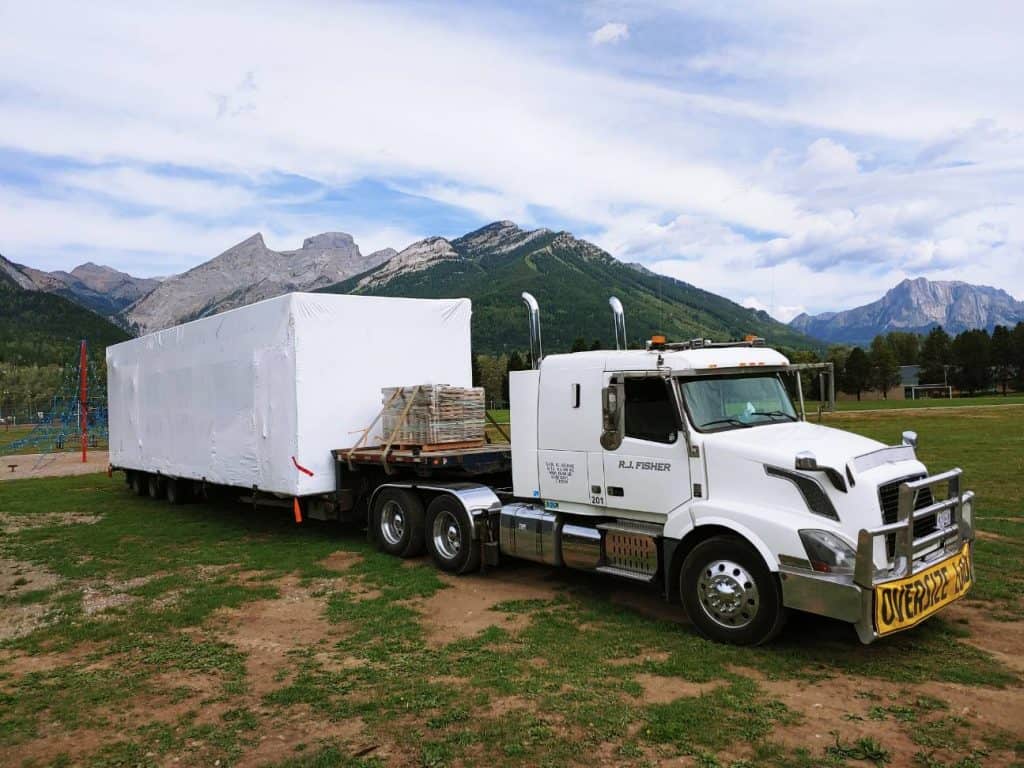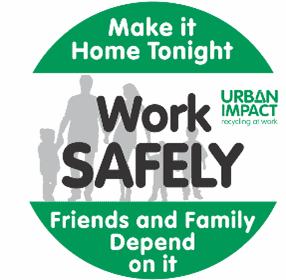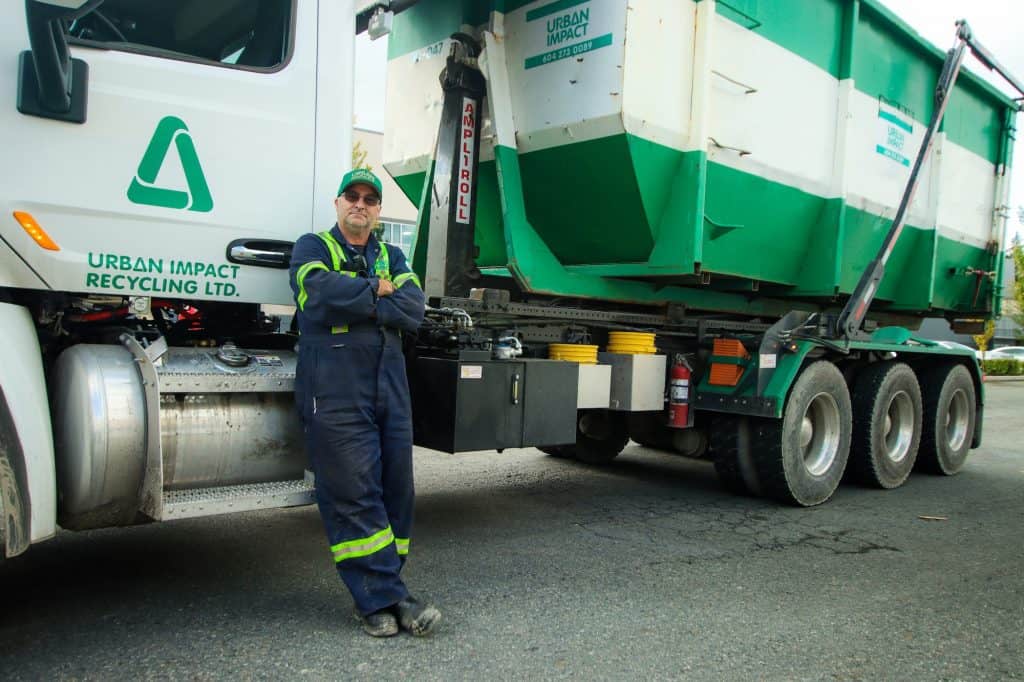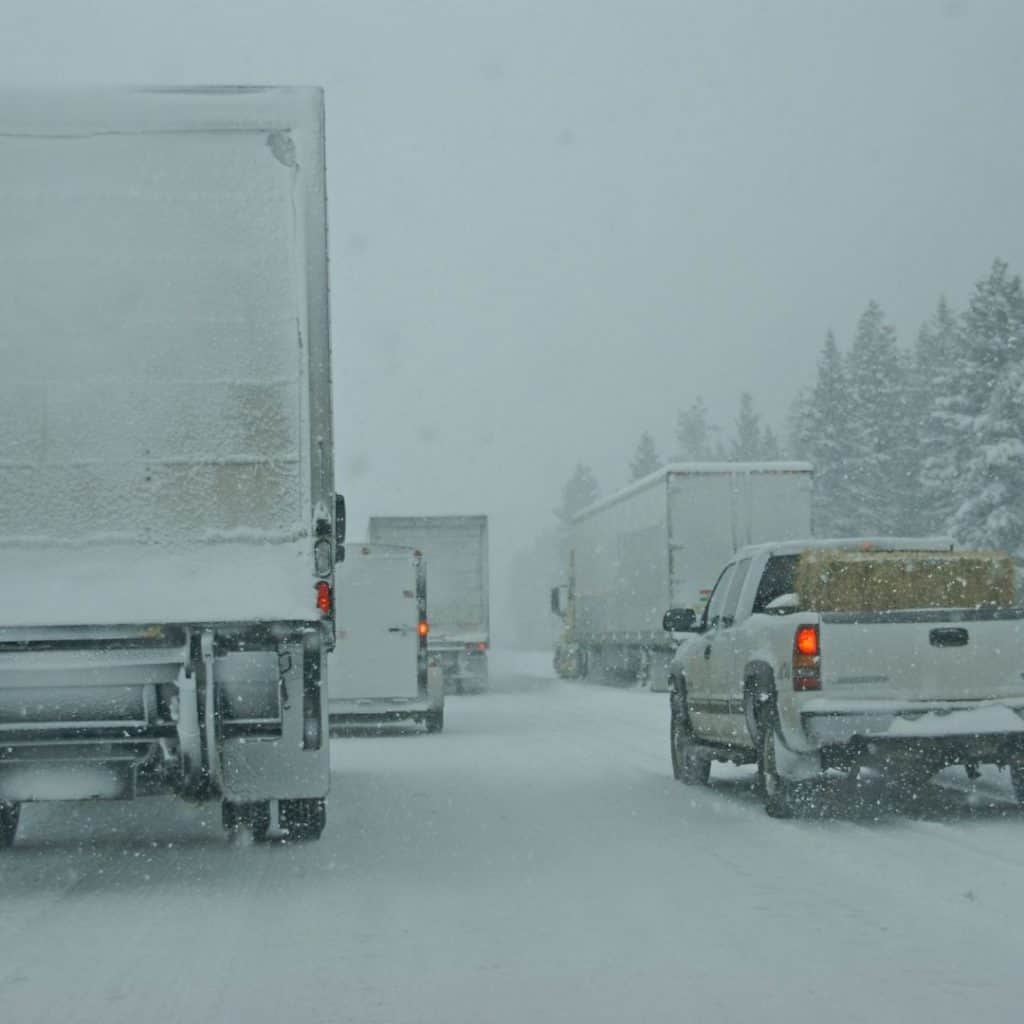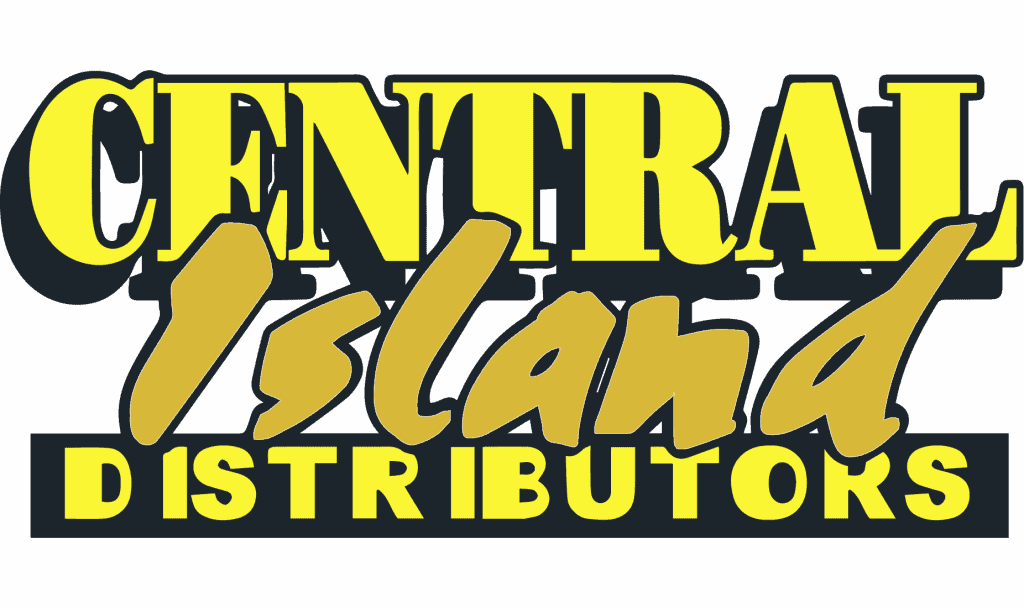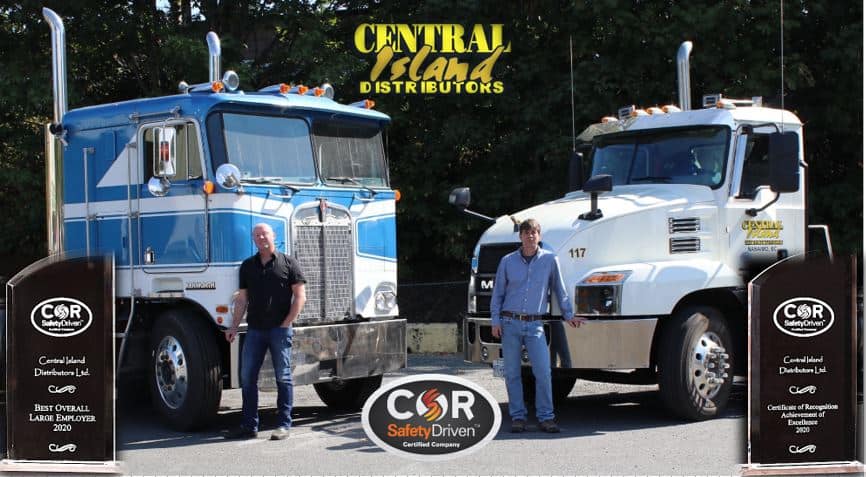Caring and Respect Drive the Safety Practice at Coastal Transportation & Storage Ltd.
Safety is an organic process at Coastal Transportation & Storage Ltd., developed within a family environment through mutual respect and genuine caring for employees and clients.
Craig Skene, company president, comes from a family of business owners, so it’s in his DNA to start his own company. After several years in the transportation industry, he had the opportunity to buy the refrigerated side of Comox Moving & Storage and jumped in with both feet in 2008.
In 2012, Skene brought Cole Logan into the company as the operations manager; they had met as volunteer firefighters, so a safety culture was already a familiar part of their work ethic. It was Logan who devised the company’s motto: Getting there when others can’t. CTS goes to the smaller communities and along the difficult routes where many providers won’t deliver. They have developed a stellar reputation for safety, prompt service, and client satisfaction.
Coastal Transportation & Storage (CTS) is based in Comox Valley where they operate a 10,000 sq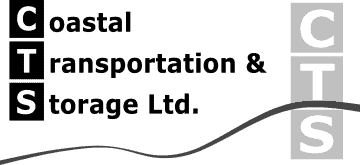 ft warehouse that includes a 3,000 sq ft freezer, 5,000 sq ft cooler, and a 2,500 sq ft ambient tempered section. It provides LTL (less than truckload) and TL (truckload) delivery service, as well as insulated container rentals, on Vancouver Island and the Northern Gulf Islands, including Powell River. They also serve some areas of the mainland, where they work with third-party distributors.
ft warehouse that includes a 3,000 sq ft freezer, 5,000 sq ft cooler, and a 2,500 sq ft ambient tempered section. It provides LTL (less than truckload) and TL (truckload) delivery service, as well as insulated container rentals, on Vancouver Island and the Northern Gulf Islands, including Powell River. They also serve some areas of the mainland, where they work with third-party distributors.
Skene began CTS with five employees; today there are 34. They operate 42 pieces of equipment including 24 power units and 18 trailers, among them HIAB trucks. Cross docking gives them flexibility in supporting clients, allowing them to deliver a large load to a central storage location where clients can access their goods for convenient transport to their business locations.
By 2019, the company had grown and qualified as a large employer. They hired full-time administration staff and began working toward COR certification, which they attained in 2021. Even before they began working toward COR, safety was at the forefront of CTS operations.
At CTS, safety is not a process or program; it is a value. Skene observes that it ensures everyone goes home to their families at the end of the day. And CTS has a reputation for being a family-oriented company where concern for team members is the order of the day. The safety manager and staff are always on the lookout for opportunities to improve safety, such as adding more lights to the yard or ensuring everyone is aware of slip/fall hazards in the freezer and cooler.
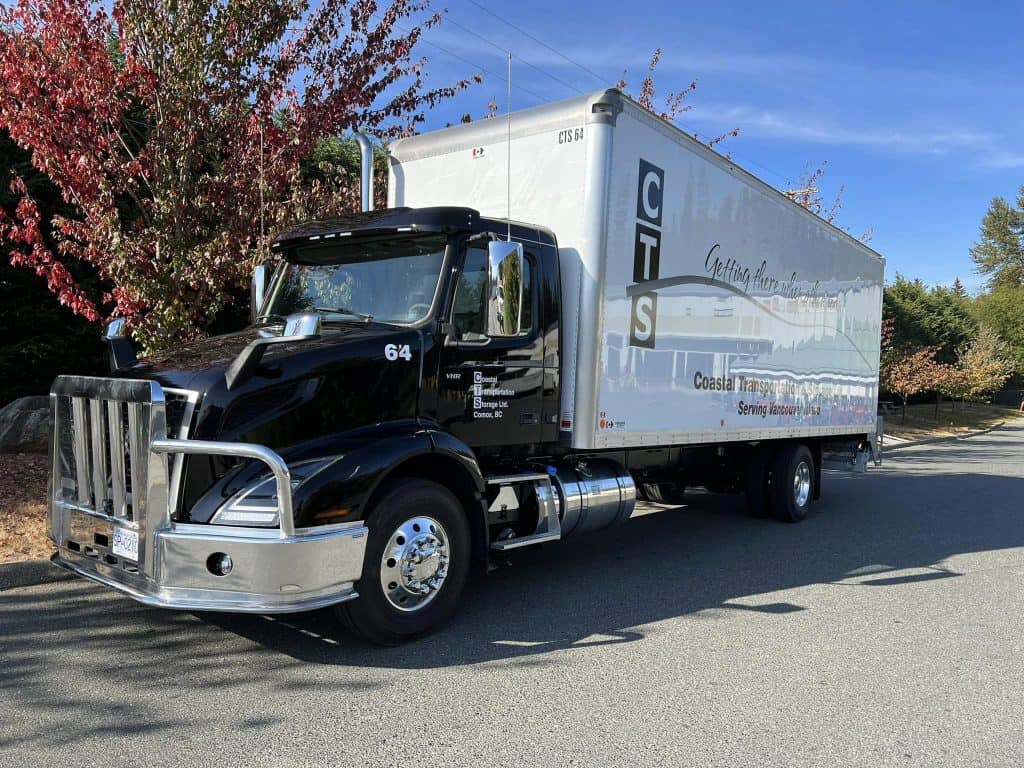 There is active safety management on the floor to ensure situations don’t become hazards. Skene maintains an open-door policy with the team—anyone can bring a safety concern or any matter to him. They communicate safety with the team through occupational health and safety (OHS) meetings and a regular company-wide email called the Blurb. Team members are reminded of the importance of safety and of OHS policies and procedures, especially the importance of reporting issues. The safety manager ensures every new hire gets an orientation that includes safety matters, such as using a safety jack properly. There may be new initiatives in the future to incentivize safety practice, but their current approach works well.
There is active safety management on the floor to ensure situations don’t become hazards. Skene maintains an open-door policy with the team—anyone can bring a safety concern or any matter to him. They communicate safety with the team through occupational health and safety (OHS) meetings and a regular company-wide email called the Blurb. Team members are reminded of the importance of safety and of OHS policies and procedures, especially the importance of reporting issues. The safety manager ensures every new hire gets an orientation that includes safety matters, such as using a safety jack properly. There may be new initiatives in the future to incentivize safety practice, but their current approach works well.
As Logan says, “actions speak louder than words.” The goal is always to keep each other safe; it pays off in a safe shop, a happy team, and a good reputation among clients. In fact, Logan notes that, when they commissioned an in-house survey of employee satisfaction, the examiner commented that he’d never seen such a high rating. Embracing the family model makes CTS a good place to work and ensures accident-free days.
The culture of caring pervades CTS from their safety practice to philanthropy. They support many local charities, including YANA (You are Not Alone), which helps families who need to travel to access medical treatment; youth groups; hospital charities; volunteer fire fighters; and a range of fund-raisers.
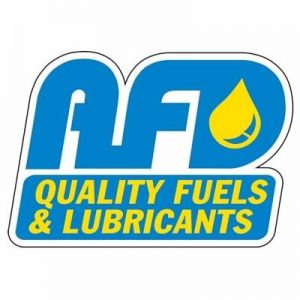

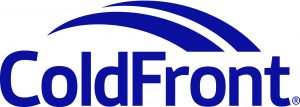



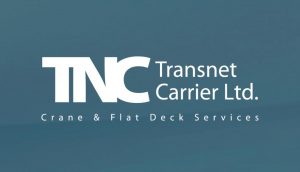
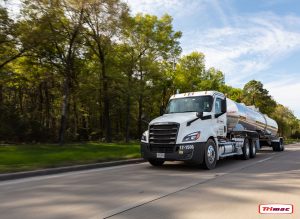 describes the company’s
describes the company’s 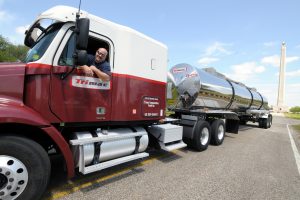 A mishap is an opportunity to learn. People watch out for each other. Drivers are integral to Trimac’s safety record as they take their safety culture on the road; they are mindful of their own and clients’ safety. Their empowerment within the company has helped them support clients when unsafe practices have gone unnoticed because a long-standing process was never questioned. The result has been risk reduction in their own and clients’ facilities.
A mishap is an opportunity to learn. People watch out for each other. Drivers are integral to Trimac’s safety record as they take their safety culture on the road; they are mindful of their own and clients’ safety. Their empowerment within the company has helped them support clients when unsafe practices have gone unnoticed because a long-standing process was never questioned. The result has been risk reduction in their own and clients’ facilities.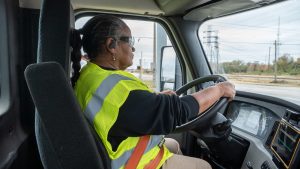 They also support a women’s Youth Apprenticeship Program and have an active Diversity, Inclusion, Equity, and Belonging council that educates and engages teams on the issue. Their policies regarding women and a diverse workforce are particularly important today, given the commercial driver shortage.
They also support a women’s Youth Apprenticeship Program and have an active Diversity, Inclusion, Equity, and Belonging council that educates and engages teams on the issue. Their policies regarding women and a diverse workforce are particularly important today, given the commercial driver shortage.
